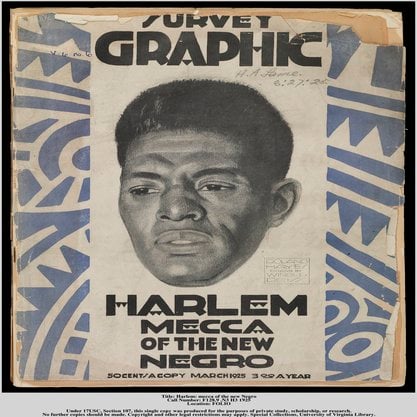Article
Jeffers, (John) Robinson (1887–1962) By Bubel, Katharine
Article
Renowned as the ‘poet of Carmel-Sur’, Robinson Jeffers held a place of prominence in American literature from the mid-1920s through to the 1930s. He lived in seclusion with his family at Tor House, which he built from sea-worn granite on a promontory in Carmel, California. In Carmel he developed his signature style of graphically tragic narrative poems and verse dramas, typically set in the surrounding landscape and accompanied by meditative lyric poems exploring related themes. Jeffers eschewed high modernism’s post-symbolist aesthetics for what he saw as its withdrawal from reality, crafting instead a free verse style that employed long, rhythmically stressed lines and a solemn tone. His prosody and themes are coloured by his non-anthropocentric philosophy, which he named inhumanism. Jeffers’ critical acclaim turned to disfavour during the Depression and the Second World War; his popularity fluctuated, and finally dwindled. Critical interest in Jeffers’ works was renewed in the 1970s and 1980s, and readership has since increased, particularly due to the timeliness of his acute environmental aesthetics.

